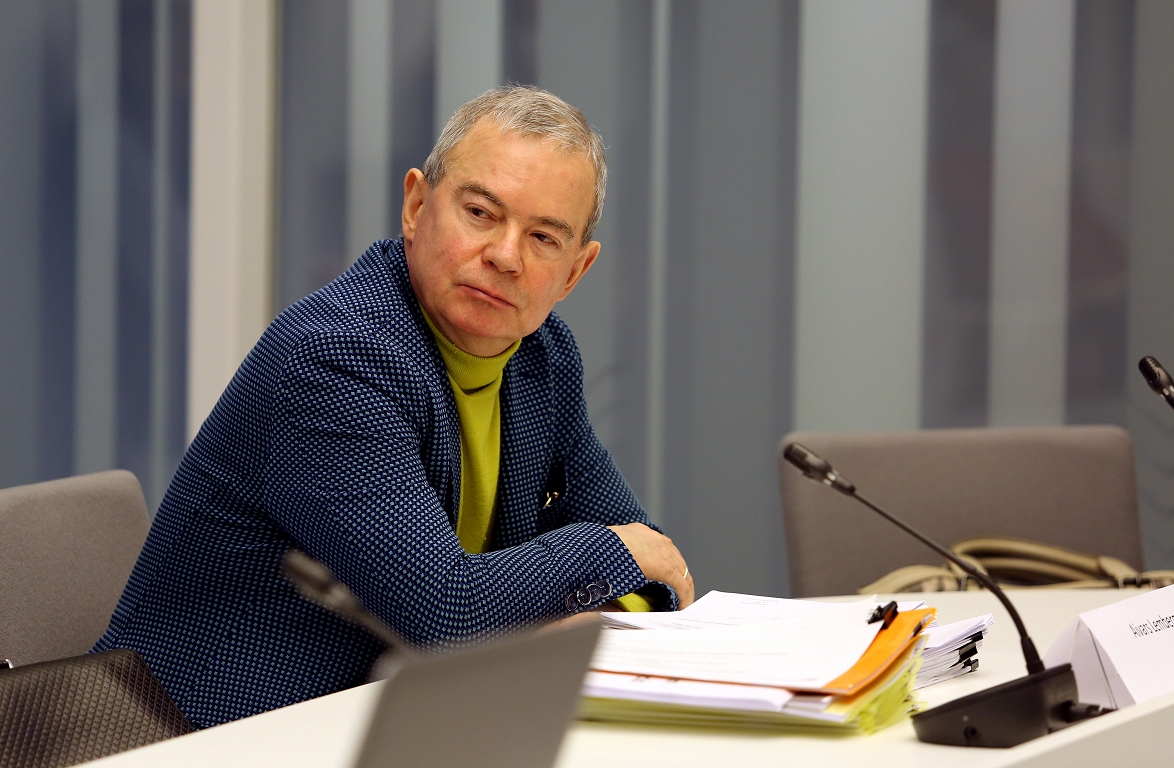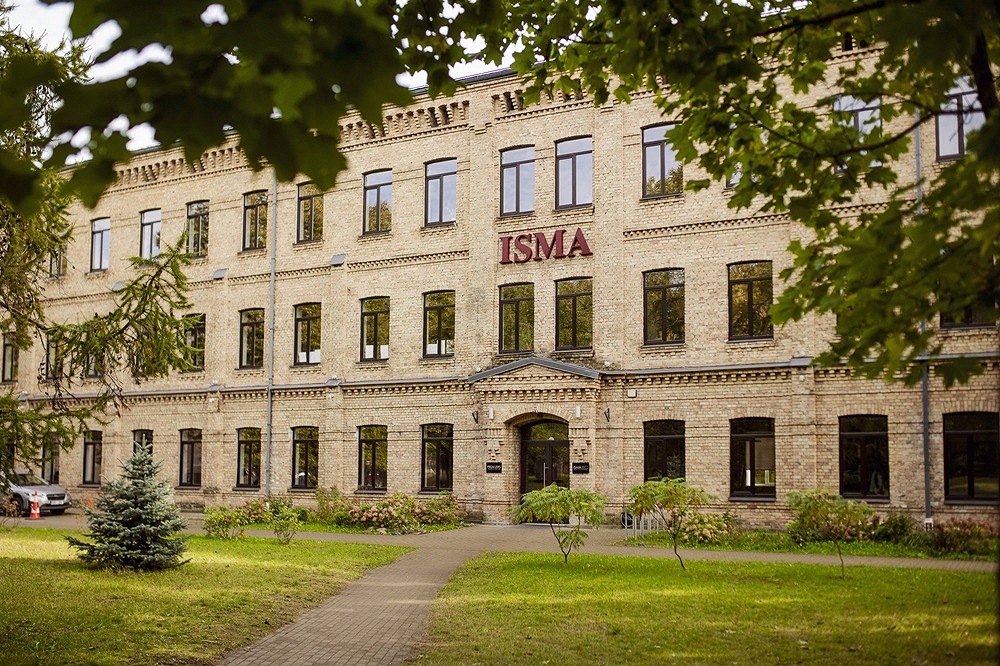Holds the Russian propaganda television channel distributor / day

The person born in 1982 provided « customers » to « customers » illegal access to Russian television programs, the distribution of which is prohibited in Latvia, the State Police informed LETA.
The detainee has provided access to channels such as « Pervij Kanal », « Rossia 1 », « Rossiya RTR / RTR Planeta », « NTV Mir », « TV Center », « REN TV », « Rusia Today », which, in accordance with the decisions of the Council of the European Union and the National Electronic Media Council, are prohibited.
For the provision of television services, a person had set up a television signal code card sharing system bypassing the content protection technology, which has been provided by more than 400 households throughout Latvia through a single authentic access code card.
At the start of the outdoor café and patio season, the State Police will take advantage of preventive control measures in public entertainment venues – cafes, bars, beauty salons, hotels.
The purpose of these control measures is to restrict the spread of television programs in the European Union in public entertainment venues, as well as to provide equal conditions for all commercial companies operating in the service sphere, which use audiovisual content in their commercial activities.
The National Electronic Media Council has also set one of its strategic priorities to limit the controlling of content in Latvia. Every week, inspections are carried out on the Internet, identifying both the unlawful retransmission of the programs and the copyright infringement and the appropriate restriction measures.
The unlawful distribution of content creates significant risks not only to content creators and service providers who adhere to the law, but also to the public as a whole, the police said. The unlawful distribution of content has a significant impact on the creation of quality content and legal services, as well as the use and availability of such resources also affects the rights of other persons, as these resources often have data processing without the consent of persons, and there is a risk of fraud attempts.
The State Police and the National Electronic Media Council are calling on the residents to be attentive and not to refer to the offerings of unregistered television providers, but to the owners of public entertainment, to treat the content they public for their visitors and the rules of its use.








